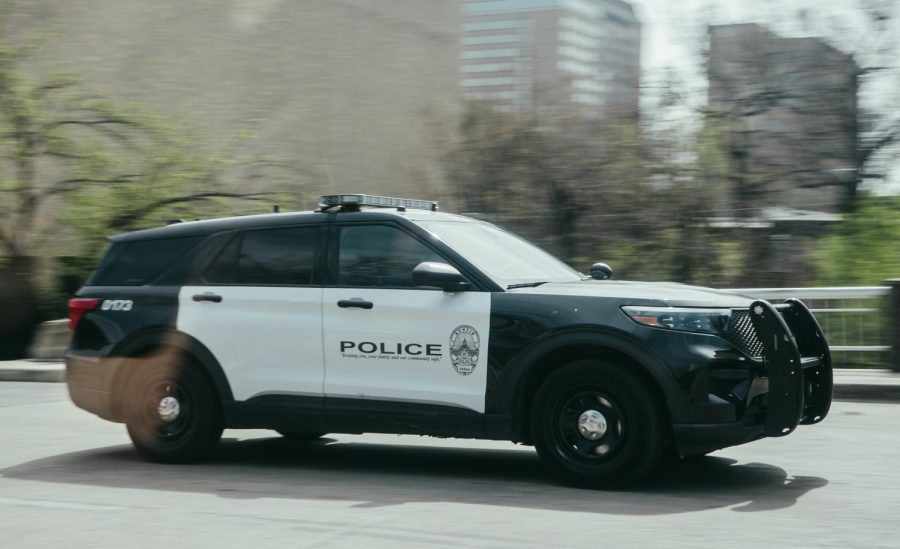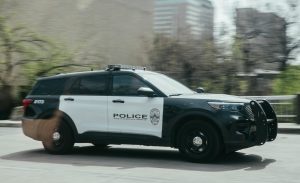DPS troopers adhere to local policing standards following state-local law enforcement partnership
April 11, 2023
After an announcement last month that the Texas Department of Public Safety would provide troopers to aid the short-staffed Austin Police Department, concerns rose over what authority DPS would hold — particularly in regard to possession charges.
With DPS operating under state regulations, came uncertainty on how small possession marijuana cases would be handled in city limits, charges Austin voters passed to decriminalize last May. DPS does have authority to enforce state law, but a city spokesperson said in an email that state troopers patrolling will not solely arrest on small possession of marijuana charges, even though possession remains criminalized statewide.
“The troopers and special agents provided by the Texas Department of Public Safety to support the Austin Police Department are primarily focused on violent crime and traffic issues but also provide backup for other emergency situations,” city representative Jenny LaCoste-Caputo said in a statement.
APD was working with almost 300 vacancies prior to the partnership.
The partnership, which came from conversations between Austin Mayor Kirk Watson, Lt. Gov Dan Patrick and Gov. Greg Abbott aimed to address the shortage, officially began on March 30, according to KXAN. The Austin City Council was left out of the decision, but it is set to be briefed in its meeting Tuesday, according to a tweet from Council Member Zohaib “Zo” Qadri.
“I’m looking forward to the briefing that the council will receive on the DPS/APD partnership,” Qadri said in the tweet. “I have concerns regarding this new plan and worry about its effects on communities of color and other disenfranchised Austinities in the city.”
Since beginning patrols, DPS has made 83 arrests between March 30 and April 3, KXAN reports. DPS arrested seven people who were found in possession of marijuana during the same period but said the perpetrators were arrested on other charges as well.
Austin is not the first Texas city to be supported by state troopers. In June 2019, Dallas was subject to a partnership after heavy discussions with community members about how to address shortages amid an uptick in crime, former Dallas Police Chief Reneé Hall said. The monthly meetings were attended by community members and police officials from the surrounding areas, she said.
“This is driven by not only the needs of the police department but the needs of the community because our goal was to service the residents of the city of Dallas as efficiently and effectively as we could,” Hall said.
In Dallas, DPS officers did not respond to calls and instead focused on patrols, acting as deterrents in areas with high reports of street racing or carjackings, Hall said.
“Their primary focus was to put them in those high-crime areas to deal with the increases (in crime) and provide a level of patrol and traffic enforcement,” Hall said.
Hall said that despite backlash from some of the Dallas community over the presence of state police, a majority of feedback found the partnership beneficial.
“One of our goals in law enforcement is to ensure that we have great police-community partnerships,” Hall said. “The only way to build them is to create them and to foster them and to work at them.”













